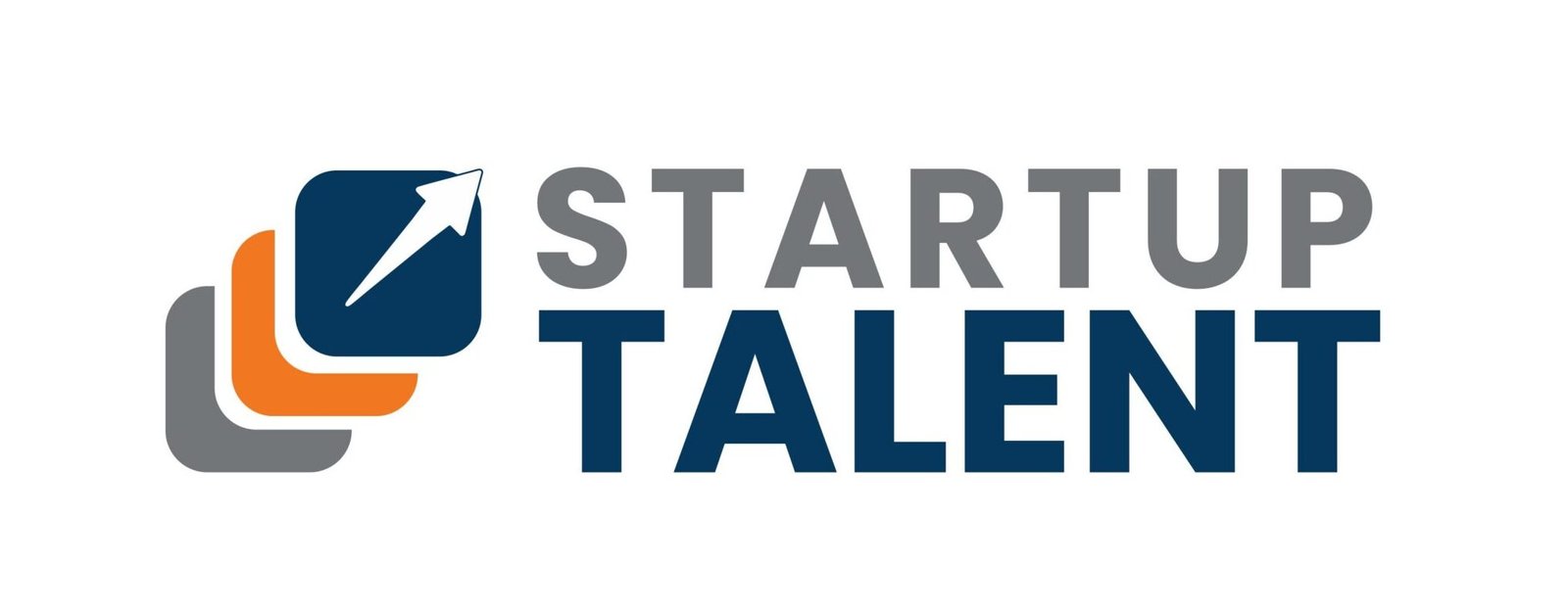In our hyper-connected society, putting up a job listing and waiting for applicants has become an ancient practice, like faxing a résumé. If you’re only using job boards to locate the best talent, you’re neglecting a vast network of passive candidates, brand interaction potential, and the opportunity to hire smarter and quicker.
That’s where a recruitment marketing strategy comes in—an integrated, intentional method of attracting, engaging, and converting high-quality talent. Let’s take a look at why this change isn’t just needed but revolutionary.
1. Job Ads Have a Shelf Life—Your Employer Brand Doesn’t
A job ad is a one-time pitch; your employer brand is an always-on magnet. Think about it—top talent researches companies before applying. If your online presence is weak, outdated, or uninspiring, your best candidates may never even click “Apply.”
With a marketing strategy:
- You promote your culture continuously.
- You create storytelling touchpoints (blogs, employee testimonials, videos).
- You position your company as a place where people want to work—before you even have a vacancy.
This method doesn’t merely cast a broad net—it casts the proper one.
2. It’s About Engagement, Not Exposure
Job boards provide visibility, but engagement wins talent. Recruitment marketing lets you:
- Use video to showcase your team’s vibe.
- Share behind-the-scenes content on LinkedIn or Instagram.
- Run “Day in the Life” stories on YouTube or on your blog.
These aren’t vanity moves—they build emotional connections with your audience. People don’t just want a job; they want to belong.
3. Passive Talent Can Only Be Reached Through Marketing
Research indicates that 70–80% of the labor market is passive, or available but not actively seeking work. A job posting won’t find them—but a recruitment marketing funnel will:
- Periodic newsletters with useful industry information.
- Retargeting ads based on careers page visits.
- Compelling employer-brand content that keeps you in their minds.
This way, when they do decide to transition—they remember you.
4. Marketing Enhances the Candidate Experience
Good marketing knows its customer—and so should recruitment. Prospects are customers, too. Your applicant process should mirror:
- Clear communication at each step.
- Personalized contact and follow-up
- Mobile application forms
- Transparent timelines
The nicer you treat your candidates, the better hires you’ll get. And yes—marketing aids mapping, measuring, and optimizing each step in this process.
5. Analytics Drive Better Decisions
Classic job listings provide little insight beyond views and applicants. With a thoughtful marketing strategy, you have:
- Click-through and conversion rates.
- Ad performance across platforms.
- Most engaging content types.
- Time-to-fill trends
With real-time insights, you can adjust, scale, and optimize in ways job boards simply don’t allow.
6. It Reduces Cost Per Hire Long-Term
While initial investment in recruitment marketing may appear to be more, it pays dividends with:
- Decreased time-to-hire
- Improved-quality candidates
- Lower turnover (because of better cultural fit)
- Better internal referrals
Over time, it builds a self-sustaining talent ecosystem.
7. Your Competitors Are Already Doing It
Top brands—startups to Fortune 500s—are already using marketing as a primary hiring tool. If you’re not following suit, you’re behind.
Ask yourself:
- Are we where top talent congregates?
- Does our brand get people excited about working here?
- Are we developing talent or simply waiting for resumes to come in?
If the answer is “no” or “I don’t know,” it’s time to transition from reactive hiring to strategic recruitment marketing.
8. Recruitment marketing enhances your talent pipeline
When you recruit, you start anew every time you have a vacancy, but with recruitment Marketing Strategy For Recruitment you keep potential candidates warm with your communication channels (talent newsletter, alumni newsletter, career-related content, CRM). When they’re not actively looking, you’re still on their radar, and you still have your touchpoints and engagement before needing to recruit.
Conclusion: Don’t Post. Promote. Engage. Convert.
The hiring future is strategic, not transactional. An intelligent recruitment marketing strategy enables you to:
- Attract the right candidates
- Engage and retain them
- Hire them quicker
- Retain them longer
If you are a startup, mid-sized business, or an enterprise, recruitment is marketing. And correct marketing creates not only a workforce but a brand that people would love to be a part of.






